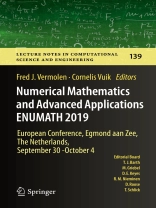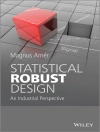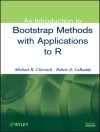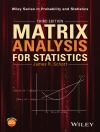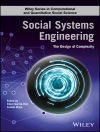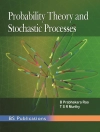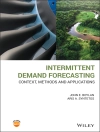This book gathers outstanding papers presented at the European Conference on Numerical Mathematics and Advanced Applications (ENUMATH 2019). The conference was organized by Delft University of Technology and was held in Egmond aan Zee, the Netherlands, from September 30 to October 4, 2019. Leading experts in the field presented the latest results and ideas regarding the design, implementation and analysis of numerical algorithms, as well as their applications to relevant societal problems.
ENUMATH is a series of conferences held every two years to provide a forum for discussing basic aspects and new trends in numerical mathematics and scientific and industrial applications, all examined at the highest level of international expertise. The first ENUMATH was held in Paris in 1995, with successive installments at various sites across Europe, including Heidelberg (1997), Jyvaskyla (1999), lschia Porto (2001), Prague (2003), Santiago de Compostela (2005), Graz (2007), Uppsala (2009), Leicester (2011), Lausanne (2013), Ankara (2015) and Bergen (2017).
Mục lục
High order Whitney forms on simplices and the question of potentials.- The candy wrapper problem – a temporal multiscale approach fo rpde/pde systems.- Systematisation of systems solving physics boundary value problems.- Model order reduction framework for problems with moving discontinuities.- A structure-preserving approximation of the discrete split rotating shallow water equations.- Iterative coupling for fully dynamic poroelasticity.- A time-dependent parametrized background data-weak approach.- Comparison of the influence of conifer and deciduous trees on dust concentration emitted from low-lying highway by CFD.- An adaptive penalty method for inequality constrained minimization problems.- Multipreconditioning with application to two-phase incompressible Navier-Stokes flow.- On the Dirichlet-to-Neumann coarse space for solving the Helmholtz problem using domain decomposition.- A comparison of boundary element and spectral collocation approaches to the thermally coupled MHD problem.
